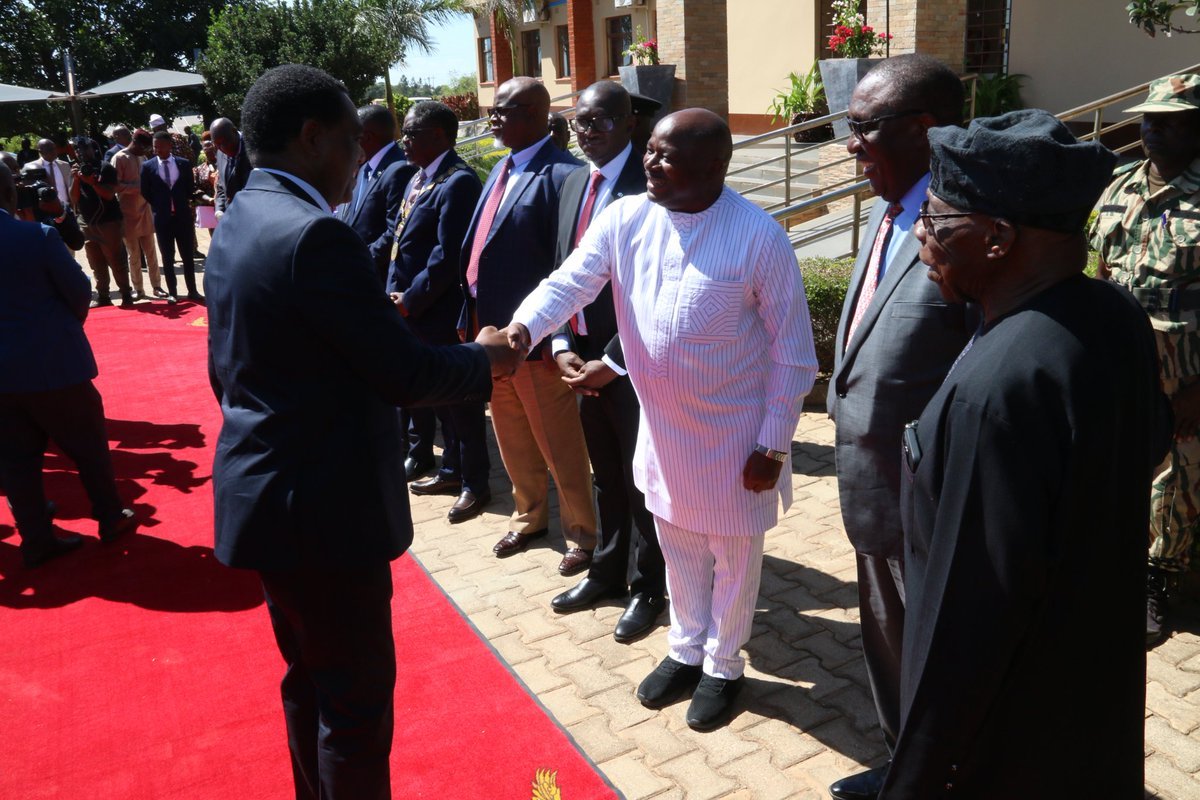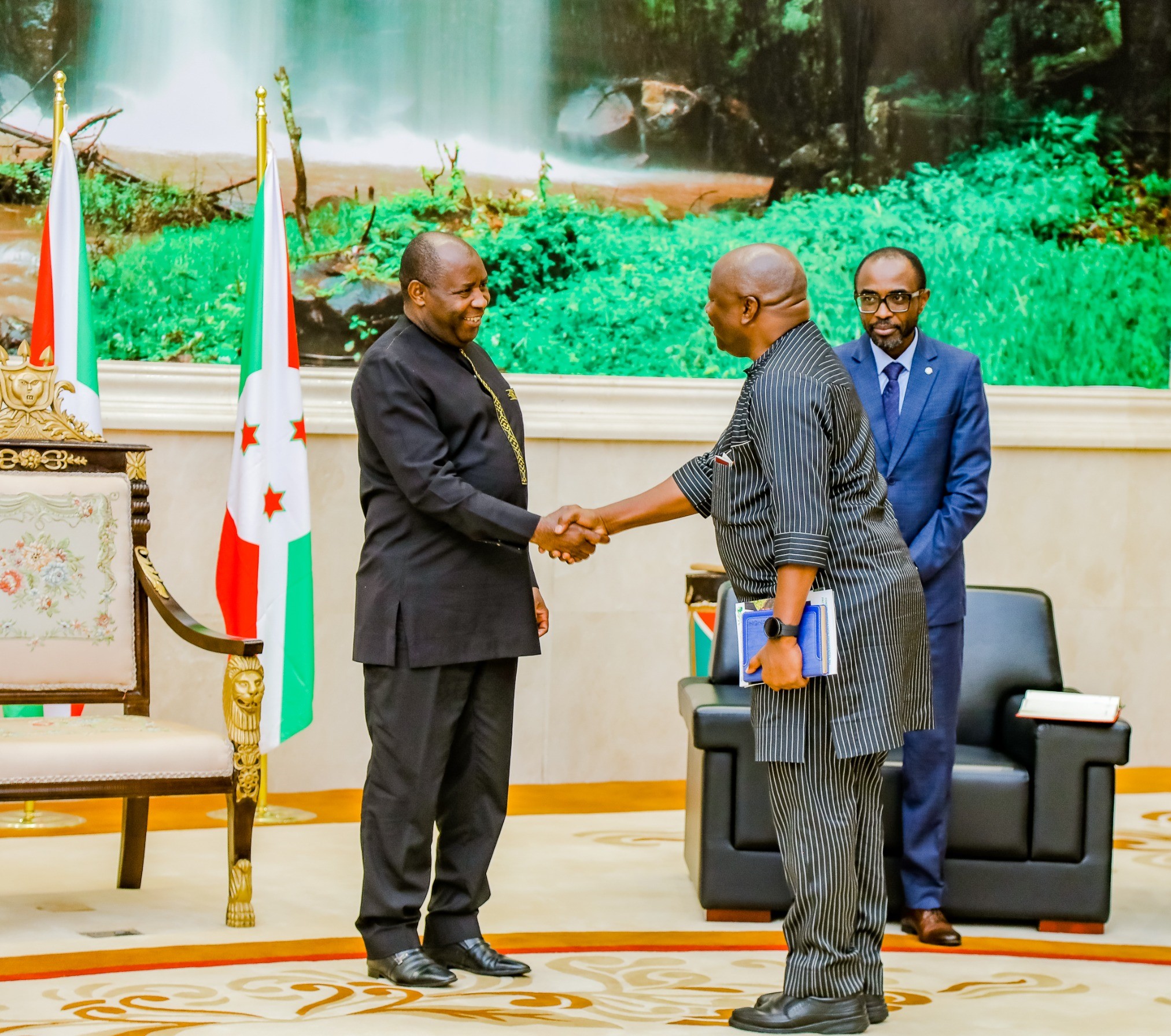Dr Sanginga Nteranya, President of the African Agricultural Leadership Institute (AALI), is leading highly strategic missions, in his capacity as the Feed Africa Special Envoy for Implementation of Country Food and Agriculture Delivery Compact for the African Development Bank (AfDB). Following the successful implementation of the Presidential Advisory Council on the National Pact for Food and Agriculture (CCP-PNAA) in the Democratic Republic of the Congo (DRC), the objective of these missions was to accelerate the implementation of the CCP-PNAA in Burundi, Nigeria, Zambia and Cameroon.
Because of their agricultural potential in Africa and their strategic positioning, but also because of the urgent food insecurity challenges facing the continent since the impending food crisis triggered by the emergence of COVID-19 and the Russian invasion of Ukraine, these countries were at the forefront of the Special Advisor’s list of countries committed to contributing to food sovereignty and resilience at the Dakar 2 Summit held in January 2023 as part of the AfDB’s Feed Africa strategy.
The CCP-PNAA is a pragmatic approach adopted to serve as an executive consultative organ attached to the national presidencies. Its primary role is to coordinate strategic actions for agricultural development and to monitor national commitments to food security. To this end, Dr. Sanginga, in collaboration with other Special Envoys, is fully fulfilling the role assigned to him by the AfDB. He has proven expertise and experience in agricultural leadership, which he is promoting through the AALI organization. He is thus using the first successful model of the CCP-PNAA, effective in the DRC since 2023, as a tangible reference for other countries.

In the DRC, for example, the CCP-PNAA was established at the national level by presidential decree and is supported by a delivery unit composed of a technical team of national and international experts with proven skills in policy development and project management. In this country, the CCP-PNAA has proposed the creation of a Project Development and Administration Unit (PDAU) to ensure that projects under the Ministry of Agriculture and the financial resources allocated are managed effectively.
The Cameroonian government agrees with the Congolese model. It is preparing to implement the CCP-PNAA at the national level by presidential decree in the near future. In Burundi, the Presidency is also committed to implementing the CCP-PNAA in the coming months. Nigeria has already taken concrete steps towards the actual establishment of the CCP-PNAA. However, Nigeria suggests working with existing PDUs rather than creating a new one, as advocated by the Congolese model. In Zambia, discussions focused on how to address the country’s unprecedented drought caused by the El Niño climatic phenomenon.
These strategic missions will be progressively extended to other countries committed to accelerating sustainable agricultural transformation on the continent at the Dakar 2 Summit, under the leadership of the President of AALI. A system of strategic cooperation will be established. It will ensure close communication with all the CPP-PNAAs to be created in the different countries.

